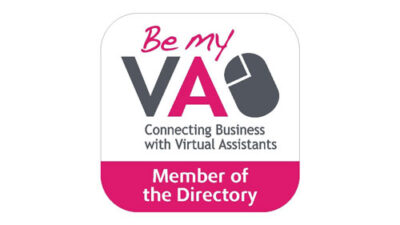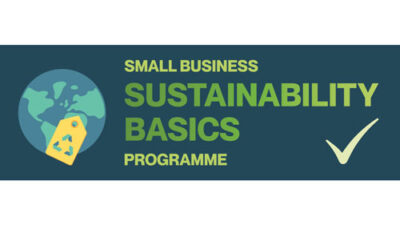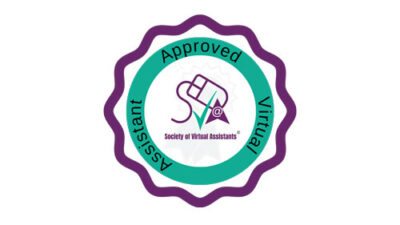Virtual ways to help navigate financial woes
For businesses, the combination of the recent rise in National Insurance Contributions and the lowering of the salary threshold will be an absorbable expense. But we probably all know businesses – of all sizes – for whom this is having a considerable, if not detrimental impact on how they operate.
Some will be forced to reduce their payroll or delay hiring decisions longer than they’d like.
The increase in employer NICs means paying an extra £7.83 per week for each employee earning over £12,570 – that’s more than £400 a year per employee.
When multiplied across even a modest-sized team, the costs quickly add up.
Then there’s the minimum wage hike, a prolonged cost-of-living crisis and unpredictable international economic pressures.
It continues to be a tough time for many Yorkshire businesses. But employees are feeling this too.
As businesses juggle rising costs, it’s often staff who absorb the impact – whether through increased workloads, fewer new recruits, or delayed pay reviews.
All that said, it’s hard to ignore the direction of work is undoubtedly shifting.
The huge advances in AI mean routine tasks are rapidly being automated, calling for employees with slightly different skillsets.
Environmental literacy is no longer a niche concern but a core business value, influencing consumer choices and regulatory frameworks.
Flexible working arrangements are increasingly expected by employees, and the traditional reliance on costly, underused office spaces is reducing.
Perhaps the NICs increase is part of the next step in this evolutionary shift, and though extremely tough to navigate, maybe, just maybe, it’s the nudge needed for Yorkshire businesses to proactively align with these future trends.
By leveraging virtual assistance, technology, and the established freelance marketplace, businesses can create more resilient, adaptive operational models and create better conditions for their teams too.
For example, virtual assistants (VAs) can bring a fresh, strategic perspective during times of restructure – without the overheads of hiring new staff full time.
But this shift doesn’t just benefit businesses. When companies find smarter ways to operate, it can open up room for fairer pay, reduced stress, and even more fulfilling work for their in-house teams.
And when virtual assistants and AI work together – AI handling the repetitive stuff, virtual assistants focusing on the creative and the complex – it can improve how work feels for everyone who is involved.
The challenges for Yorkshire businesses are definitely real – but so are the opportunities. It could actually be the push that leads to smarter, more sustainable ways of working for employers and employees alike.
If you’re navigating these changes and not sure where to start, perhaps now’s the time for you to explore flexible support, virtual talent, or a fresh approach to resourcing.
This article was first published in the Business Voices section of the Yorkshire post on the 23rd April 2025.














